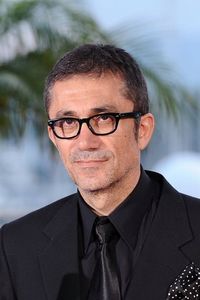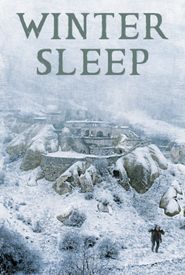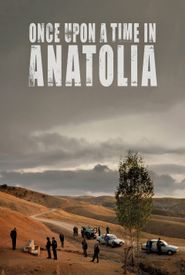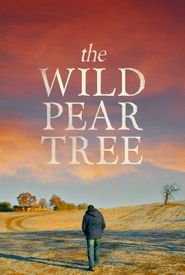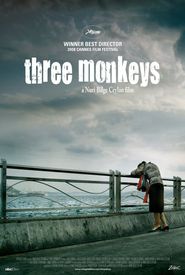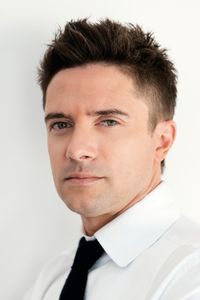Nuri Bilge Ceylan, a Turkish visionary, emerged onto the cinematic scene on January 26, 1959, in the vibrant city of Istanbul. This multifaceted artist, born with a passion for storytelling, has honed his skills as a director, screenwriter, photographer, and actor, leaving an indelible mark on the world of cinema.
Ceylan's magnum opus, Winter Sleep, captured the prestigious Palme d'Or at the 67th Cannes Film Festival in 2014, solidifying his reputation as a master of his craft. Furthermore, five of his films have been chosen as Turkey's official submissions for the Academy Award for Best International Feature Film, a testament to his unwavering dedication to his craft.
In his personal life, Ceylan shares a deep connection with his wife, Ebru Ceylan, a talented filmmaker, photographer, and actress, with whom he co-starred in the critically acclaimed film Climates (2006). This union has undoubtedly inspired his creative endeavors, as seen in the depth and complexity of his cinematic works.
Ceylan's films often delve into the themes of individual estrangement, existential crises, and the monotony of human existence, capturing the intricate details of everyday life. His unique visual style, characterized by static shots, long takes, and natural settings, allows him to weave a sense of realism that draws audiences in. He also employs sound as a powerful tool, skillfully using silence to create an atmosphere of tension.
One of Ceylan's signature techniques is his tendency to film his protagonists from behind, a deliberate choice that encourages the audience to fill in the gaps, speculating on the complex emotions of characters whose faces are obscured. This approach adds a layer of depth to his stories, allowing viewers to become intimately connected with the characters.
Interestingly, Ceylan's early films were made on modest budgets, often featuring casts composed of amateur actors, many of whom were family members. This approach not only allowed him to maintain creative control but also enabled him to explore themes and stories that might have been overlooked in more mainstream productions.
